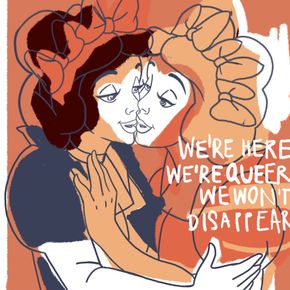State of emergency and fight against gangs in Jamaica, Haiti and Honduras
Jamaican authorities have declared a state of emergency in response to local gang violence. It is in force in parts of the capital city of Kingston and in six of Jamaica’s 14 regions, including popular tourist locations such as Montego Bay. The island of 2.8 million people has recorded 1,421 murders this year (Chicago, a US city of similar size, reported 643 murders this year). The state of emergency allows authorities to arrest people and search buildings without a warrant, prompting criticism from activists and political opponents of the regime.
Honduras has decreed a state of emergency in the capital Tegucigalpa and the business centre of San Pedro Sula to combat the 18th Street gang and MS-13 (Mara Salvatrucha) street gangs. The restrictions imposed on constitutional rights relate to the right of association, freedom of movement, searches and arrests.
Haiti’s capital city of Port-au-Prince is ruled by gangs, and the country’s authorities have asked for foreign military intervention to stabilise the situation in the country. However, the Americans have failed to build an international military coalition. According to the UN, the situation has already claimed the lives of nearly 1,000 people, with more than 1,100 kidnapped this year and thousands more fleeing the violence. Armed groups control and terrorise at least 60% of the capital and its environs. The rival gangs are grouped mainly in two large coalitions – the G9 and the G-Pep. According to experts, the armed groups have links to corrupt politicians. They supply the gangs with weapons and money and provide them with political protection.


























